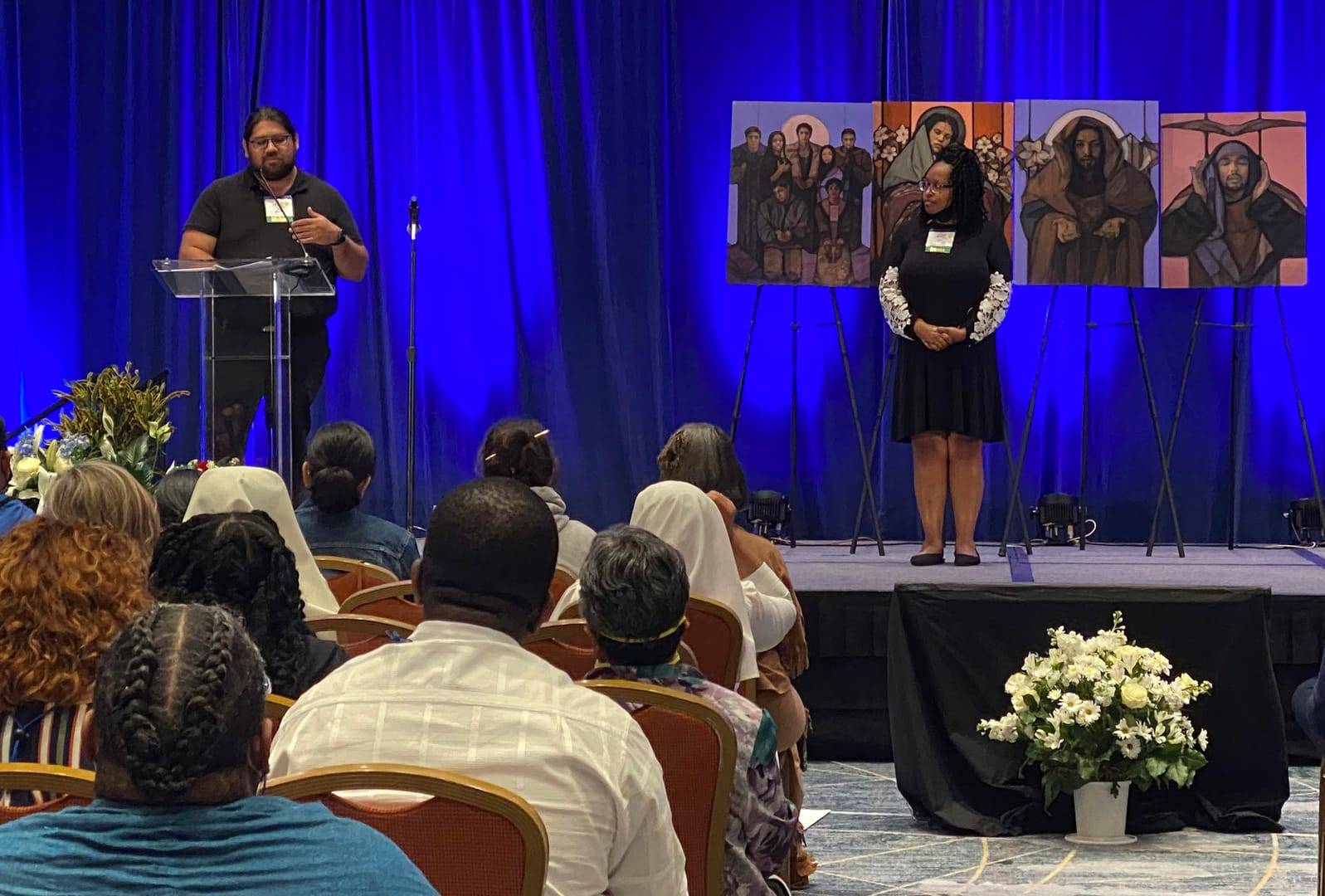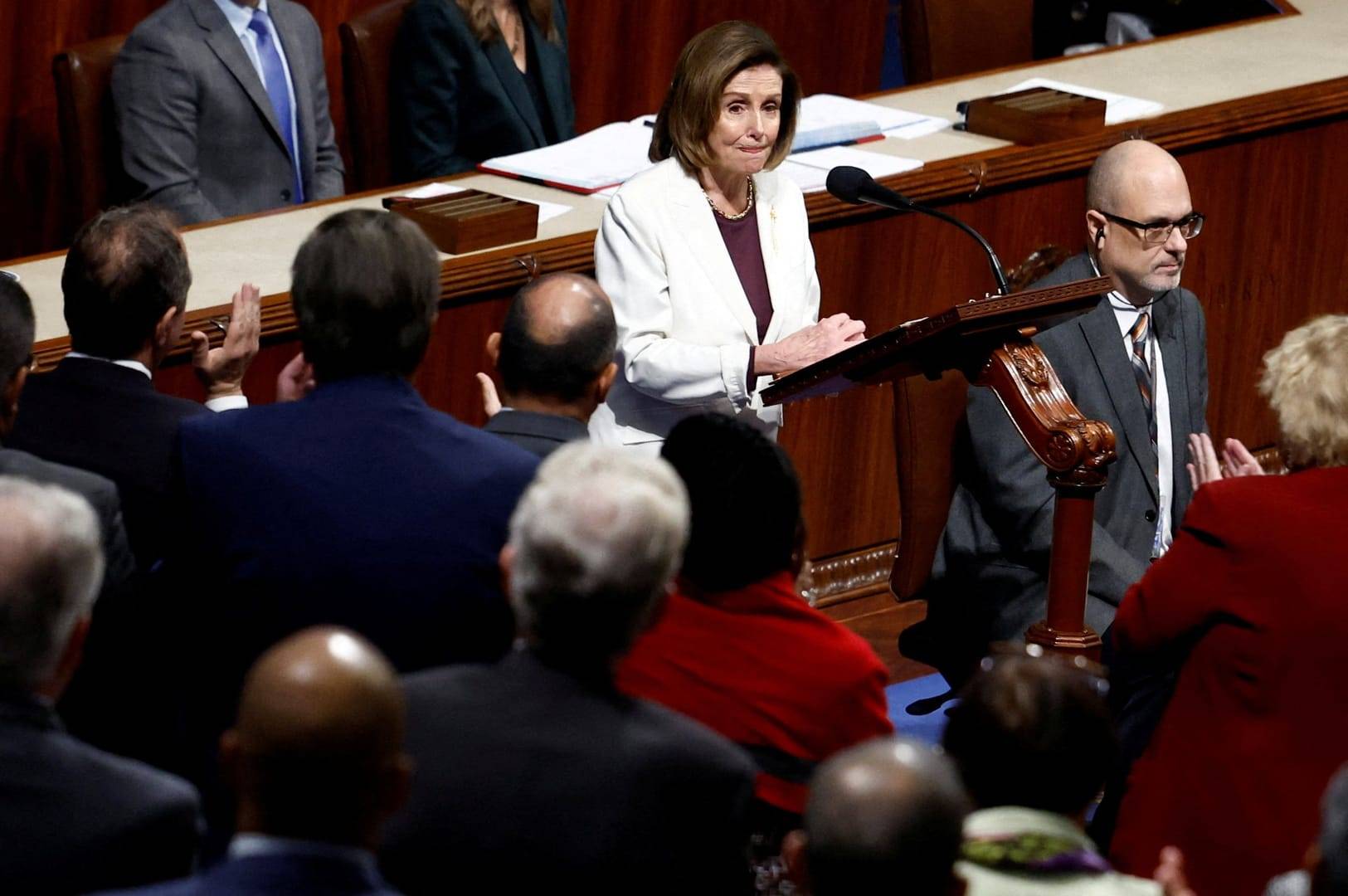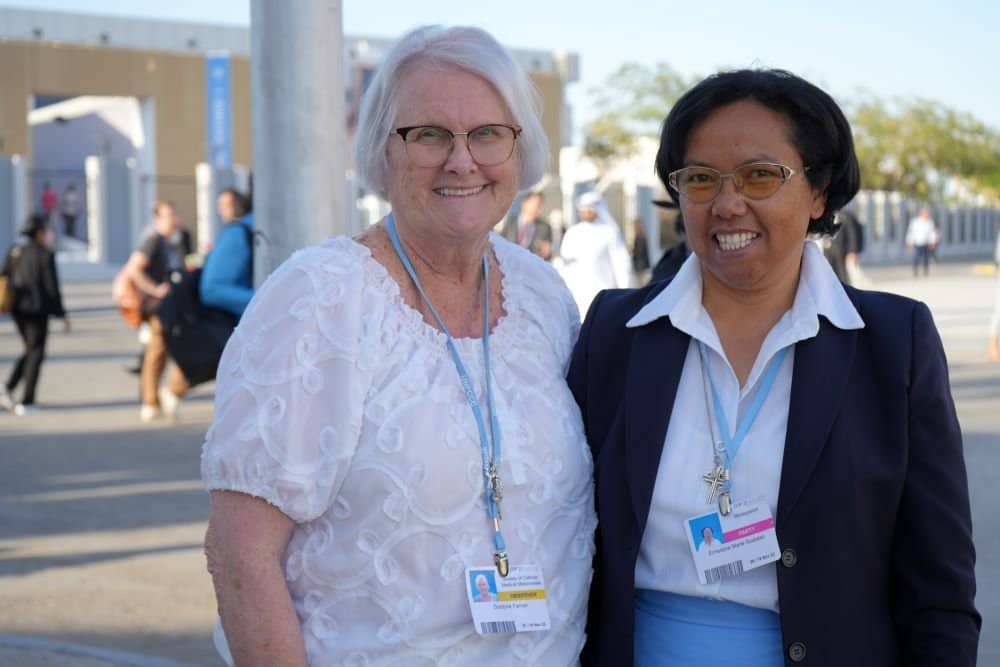VATICAN CITY — Diocesan bishops must consult with the Vatican before establishing a diocesan religious order, Pope Francis ruled.
The consultation “is to be understood as necessary for the validity of the erection of a diocesan institute of consecrated life,” said the rescript or ruling approved by Pope Francis April 4 and published by the Vatican May 20.
The English translation of the Code of Canon Law states: “Diocesan bishops, each in his own territory, can erect institutes of consecrated life by formal decree, provided that the Apostolic See has been consulted.”
However, some bishops and canon lawyers had argued the consultation was advised, not required, and that a lack of consultation did not make the order’s establishment invalid.
The Congregation for Institutes of Consecrated Life and Societies of Apostolic Life said in a statement that the consultation is necessary because “every new institute of consecrated life, even if it comes into the light and develops within a particular church, is a gift given to the entire church.”
The congregation said it is necessary “to avoid new institutes being erected on the diocesan level without sufficient discernment of the originality of the charism,” which determines the way the members will live out the evangelical counsels of poverty, chastity and obedience.
Sister Sharon Holland, a member of the Sisters, Servants of the Immaculate Heart of Mary and a canon lawyer who worked at the congregation, said there had been “much discussion” for years over whether consultation with the Vatican was necessary.
With the Vatican involved from the beginning, she told Catholic News Service, when a congregation grows to the point of asking for status as a pontifical — rather than a diocesan — institute, the Vatican can be sure the community had “firm foundations from the beginning.”
Especially if the founder of a diocesan order, whether a bishop or someone else, is not a member of a religious order, outside consultation can help ensure that the new order nourishes a true sense of consecrated life and provides for the protection of individual members, she said.
Like religious orders in general, most diocesan orders are communities of women and are found all over the world.
The U.S.-based Sisters of Life, founded by the late Cardinal John J. O’Connor of New York in 1991, “is a good example of a group that went through the proper channels in the right way” before being officially approved as a religious institute of diocesan right in 2004, Sister Holland said.
For several years in its annual report in “The Activity of the Holy See,” an official yearbook, the congregation for religious has included a line about its “copious correspondence with diocesan bishops in response to requests regarding the task of discernment” of new communities of consecrated life.
In the report for 2013, the congregation said it gave favorable opinions to three bishops — one each in Italy, Brazil and Mexico — asking about setting up diocesan orders. It also said it expressed “negative opinions” in three cases, although it did not specify where.
The 2014 report said favorable opinions were given regarding a men’s and a women’s order in South Korea and orders of women in Angola and Mexico. Four negative opinions also were given.















